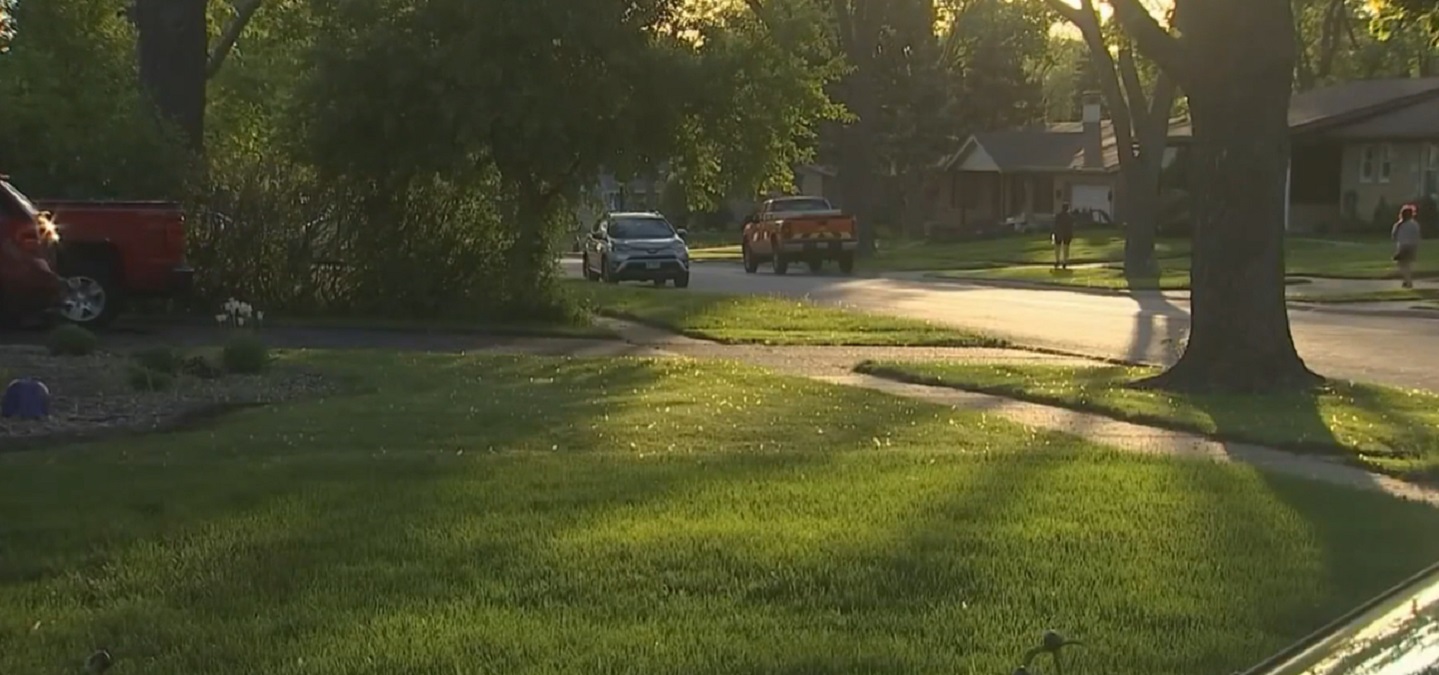Monday’s solar eclipse may not have hit totality in the Chicago area, but it certainly caused impacts to the region’s weather.
Fortunately for area residents, the National Weather Service was able to illustrate those changes via their social media accounts.
During the eclipse, the coverage of the sun helped lower the temperature in the Romeoville area by at least four degrees, according to officials.
While the eclipse didn’t hit totality, it still resulted in 94% of the sun being covered by the moon, which caused conditions to darken considerably and for a myriad of other effects.
The temperature wasn’t the only thing that changed, either. According to NWS officials, it had a noticeable impact on the “ground clutter” picked up by the NWS radar:
Local
According to officials, the effect was similar to what happens when evening hits and the sun sets in the area.
Scientists at the Royal Netherland Meteorological Institute found cumulus clouds dissipate in large amounts when just 15% of the sun is covered. That’s because the Earth’s surface cools when the sunlight is blocked, reducing updrafts of warm air. Those updrafts are needed to form cumulus clouds since they carry water vapor to higher altitudes.
Feeling out of the loop? We'll catch you up on the Chicago news you need to know. Sign up for the weekly Chicago Catch-Up newsletter here.
Of course, the effects were short-lived, with the partial eclipse ending Monday afternoon as warm, sunny weather resumed in the region.



